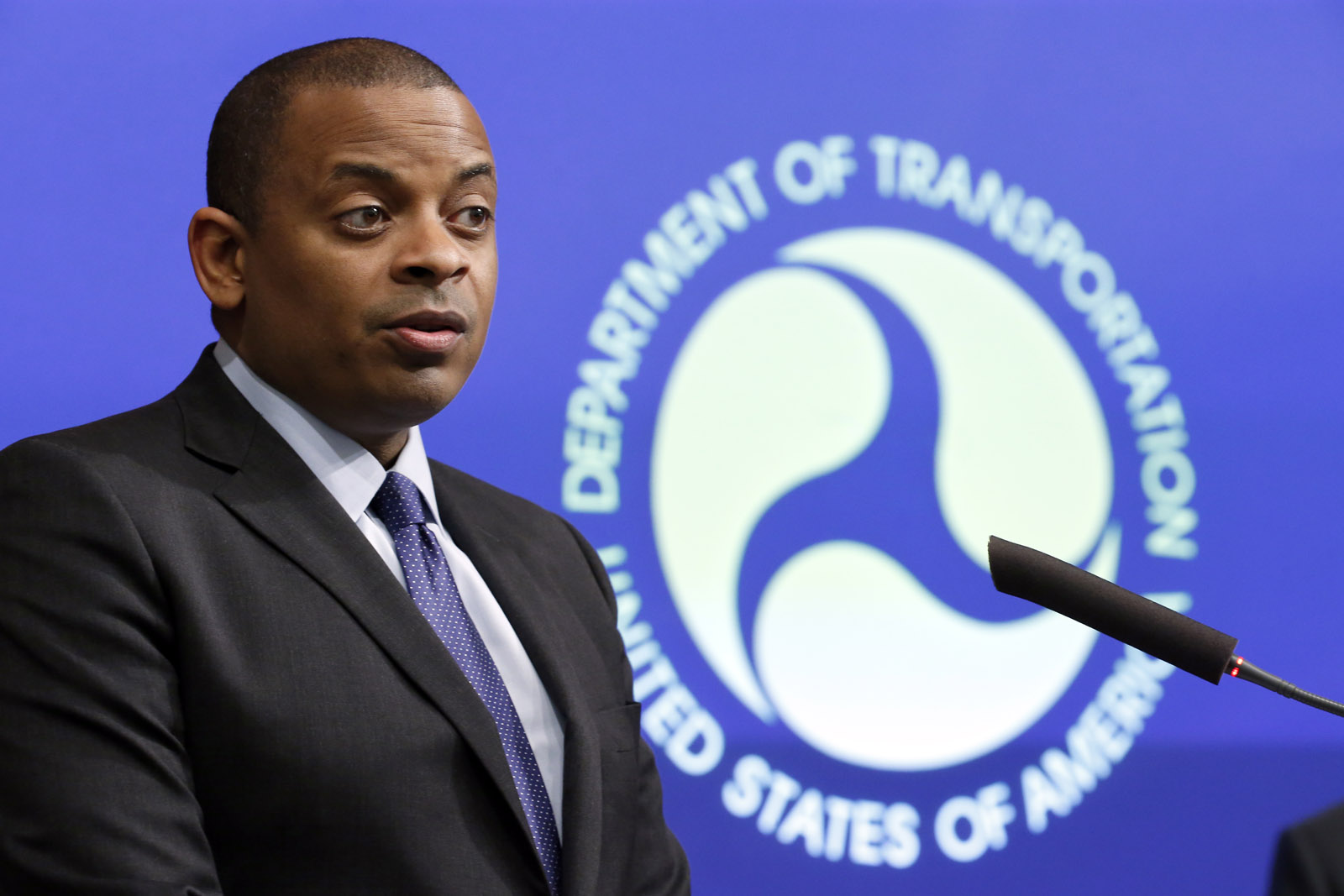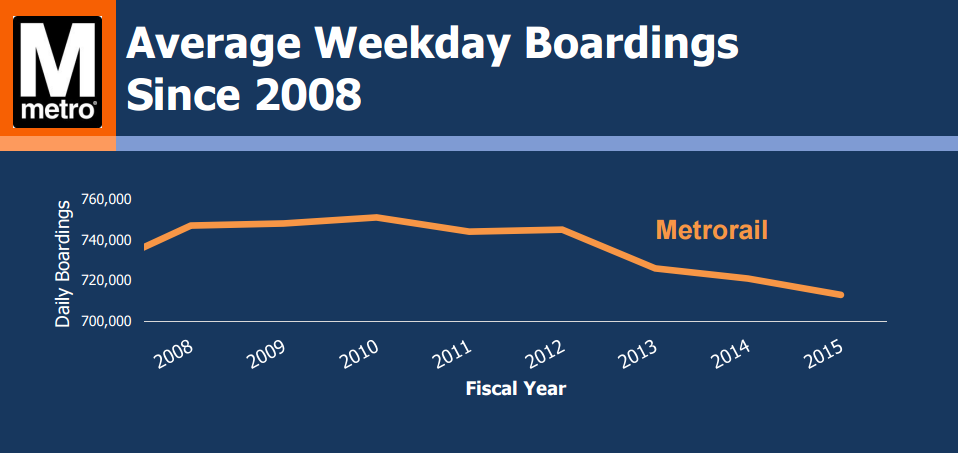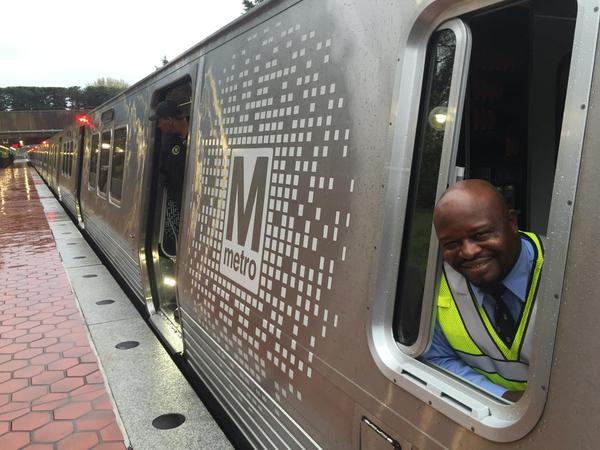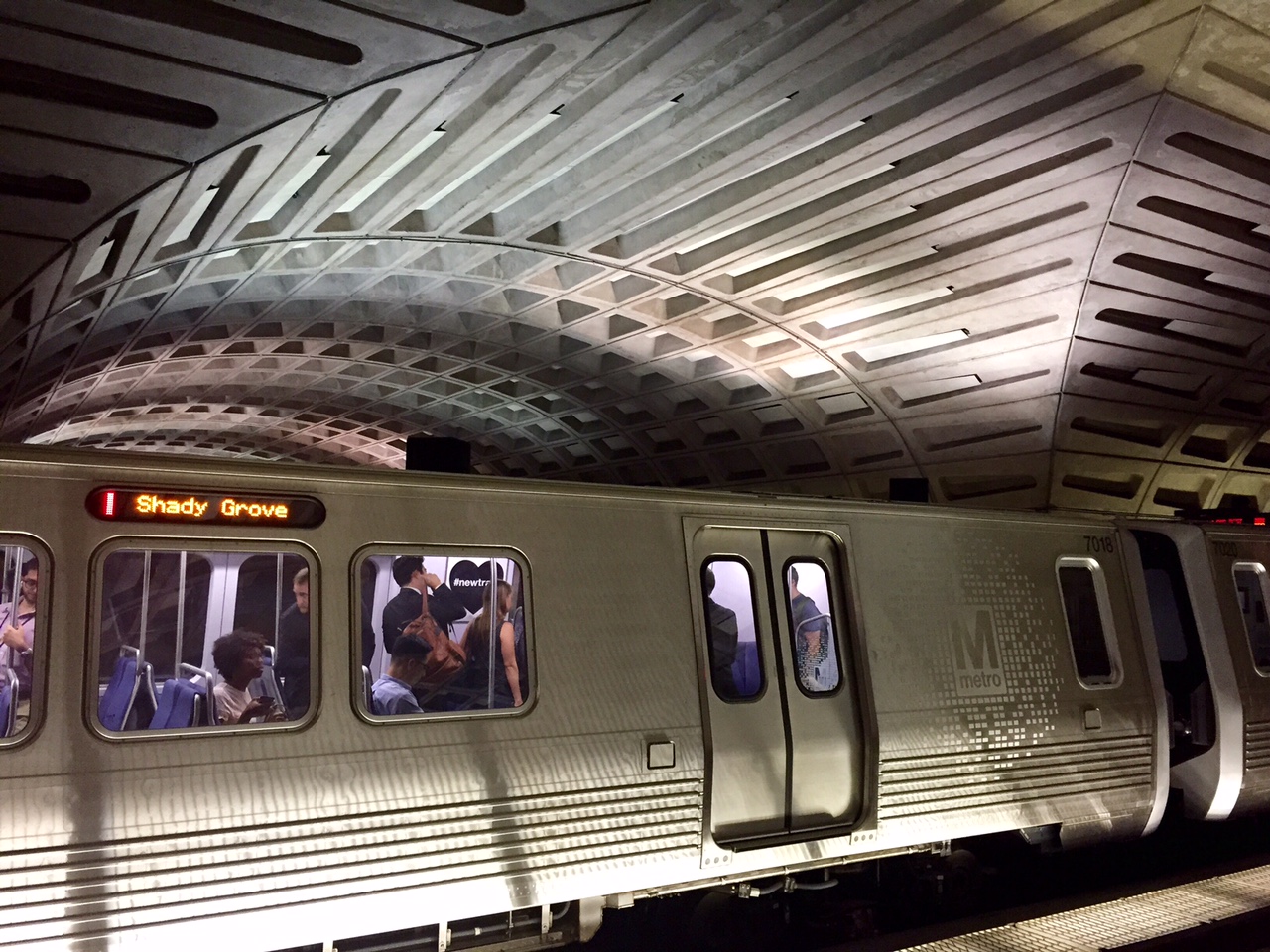WASHINGTON — As the Metro Board gets set to hear a dismal 2015 safety report Thursday, U.S. Transportation Secretary Anthony Foxx says the system must do more to focus on maintenance and safety.
“The new, shiny thing is always something that gets more attention and notoriety than the screw you turn to make sure something is safe,” Foxx says.
Metro’s annual safety report for 2015 finds more passengers and employees were injured in 2015 than in 2014, including the dozens hurt in the smoke incident outside the L’Enfant Plaza Station last January that led to Carol Glover’s death.
“There’s so much pressure to build the system out that, if you haven’t modeled correctly for maintenance and safety, it can quickly turn into an expansion system that sort of drops the safety element, and maybe that’s what’s happened here,” Foxx says.
Metrorail performance has slipped ever since the Silver Line opened, and many of the extra railcars needed are not available or out for service, where they face slow repairs.
Metro is now slowly getting new 7000 Series railcars that will help expand the fleet and replace the oldest cars, which the National Transportation Safety Board has warned for years are not safe in crashes.
The Federal Transit Administration took over lead safety oversight for Metro in the fall, and has since conducted 39 inspections. Acting Administrator Therese McMillan says the inspections have found issues that Metro is addressing along with the corrective action plans required as part of other issues identified by the FTA and NTSB.
“There is someone — us — looking over their shoulder,” McMillan says.
She says Metro is getting many of its corrective action plans in on time, even as several key plans have yet to be submitted or approved despite having been due last month.
Foxx urged regional leaders Thursday to finally take action on creating a long-promised Metro Safety Commission that would provide the independent oversight now being temporarily provided by the FTA.
“We need to never see ourselves get to this place again,” he said.
In addition to a focus on safety and maintenance that has been promised by Metro General Manager Paul Wiedefeld, Foxx believes the Metro Board needs to take a broader look at the system.
“You would like to think that every member, including the federal members, could put aside jurisdictional interests, and focus on the whole system.”
Foxx plans to decide on new federal Metro Board members by the end of the month. He only recently got control of the selections, which were previously left to the General Services Administration.
The appointments are part of the Metro Compact, which will not be officially revised to reflect the change until this summer.
A Metro Safety Commission requires a separate agreement and revisions to be agreed upon by the jurisdictions, and overall regional planning goes through various other organizations.
“You have an enormously complex decision-making system here, and the interests of operating the system and maintaining the system in as seamless a fashion as possible is very difficult with the kind of setup that exists here,” Foxx says.
While he says the first step is the Metro Safety Commission, other changes down the road could help the region’s transportation system.
Foxx says his family rides Metro, and will continue to.
“But we have to be very clear-eyed about what we are dealing with; we are not where we should be,” he says.









